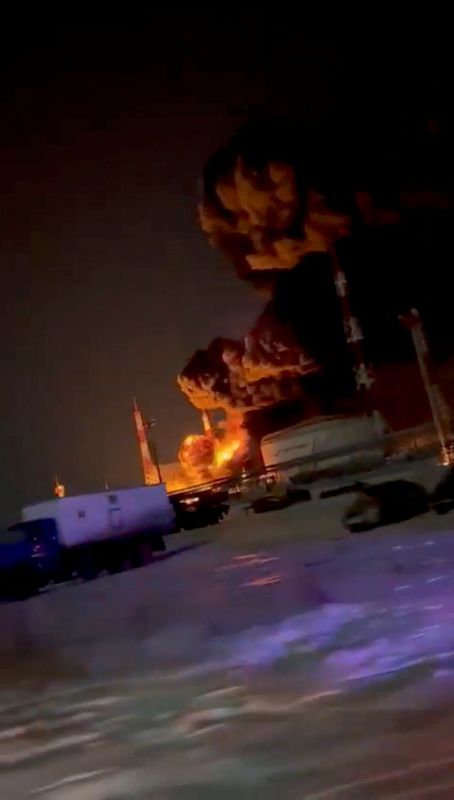Justice Department’s Surprising Shift: What It Means for Trump
The U.S. Department of Justice (DOJ) has made an unexpected decision that could significantly alter the trajectory of former President Donald Trump’s ongoing legal battles. After months of pursuing legal action against Trump over classified documents and alleged election interference, the DOJ has opted to drop its cases. This surprising development raises critical questions about the future of Trump’s legal challenges and the broader political landscape. With both high-profile investigations being abandoned, many are left wondering about the implications of these decisions not just for Trump, but for the rule of law and American democracy as a whole.
Context: The DOJ’s Shifting Approach
The decision to scale back legal proceedings against Trump follows a pattern of unusual moves from the Justice Department in recent months. Historically, the DOJ has taken a strong stance in cases involving national security, government secrecy, and election integrity. Yet, the abandonment of cases related to Trump’s handling of classified documents and his involvement in attempts to alter the 2020 election results signals a dramatic shift in priorities. Legal experts and political commentators have been quick to analyze what this retreat means for both Trump and the American legal system.
The Case of Classified Documents
The case involving classified documents began after Trump left the White House in January 2021. Investigators uncovered that Trump had taken numerous classified materials from the White House to his Mar-a-Lago estate in Florida. The documents in question contained sensitive national security information, and the handling of such materials is strictly governed by federal law. For months, the DOJ investigated whether Trump’s actions constituted mishandling of classified information or obstruction of justice.
Initially, this case seemed to have significant legal weight, with Trump facing the possibility of charges related to espionage and obstruction. However, the DOJ’s decision to abandon this investigation marks a pivotal moment. Legal analysts suggest that while the case had serious implications, challenges related to the documentation and chain of custody of evidence, as well as potential issues regarding the scope of the former president’s immunity, might have influenced the DOJ’s decision to step back.
Election Interference: A Parallel Retreat
Another major legal concern for Trump has been the investigation into his role in the January 6th Capitol insurrection and his alleged attempts to interfere with the certification of the 2020 election results. As part of the investigation, the DOJ had been examining Trump’s involvement in efforts to pressure state officials, as well as his role in inciting the violence at the U.S. Capitol.
Despite these investigations garnering significant public and media attention, the Justice Department has likewise retreated from pursuing charges against Trump in this matter. The decision came as a surprise to many, as the former president’s actions surrounding the 2020 election had already sparked numerous legal proceedings at the state and federal levels. With a high-profile indictment by the Manhattan District Attorney’s office looming in the background, the DOJ’s sudden shift raises questions about the department’s priorities and approach to high-profile political figures.
Implications for Trump’s Legal Challenges
Trump’s legal team has been quick to celebrate the DOJ’s withdrawal of these cases. The former president has consistently claimed that the investigations against him are politically motivated and that they represent an overreach by the government. Trump’s attorneys argue that the abandonment of the cases is a vindication of his position and further evidence that there was never any legal basis for the charges in the first place.
On the other hand, critics argue that this shift reflects the political pressures that the DOJ faces when investigating high-profile figures. The fear of backlash and partisan divisions have led some to speculate that the DOJ’s retreat might have been a result of the current polarized political environment, where any legal action against a former president could be seen as an attack on political ideology rather than a pursuit of justice.
The Role of Public Perception
In the highly charged world of American politics, public perception plays a key role in shaping the outcomes of legal battles. The DOJ’s decision to withdraw from these cases could be viewed as a signal of a broader trend of leniency toward powerful political figures, which could undermine public trust in the fairness of the legal system.
- Polarization of Justice: Legal experts point to the growing perception that justice in the U.S. is increasingly partisan, with investigations and prosecutions being influenced by the political affiliation of the accused.
- Impact on the Election Cycle: As the 2024 presidential election looms, the timing of these decisions has raised eyebrows. Trump is running for re-election, and many see this as a strategic move to avoid further distractions from his campaign.
Broader Political and Legal Implications
The DOJ’s actions have wider implications, not only for Trump but for the integrity of American legal and political systems. The perceived leniency could have long-term effects on how justice is meted out to powerful individuals in the future. If the DOJ’s retreat is viewed as a concession to political pressure, it may embolden other political figures to act without fear of legal repercussions, knowing that high-profile cases could be dismissed under similar circumstances.
Furthermore, the retreat could signal a shift in how future administrations approach investigations into former presidents. If Trump is not held accountable for the issues related to classified documents and election interference, it could set a precedent for how the U.S. handles legal matters involving sitting or former presidents. This raises significant questions about the potential for future abuses of power and the checks and balances that are supposed to ensure fairness and accountability in American democracy.
The Influence of Partisanship on Legal Proceedings
Partisanship has become an undeniable force shaping legal proceedings in the U.S., and the DOJ’s retreat may be seen as a reflection of this. Legal observers argue that the nation’s deepening political divides make it difficult for the justice system to operate without bias. With the Trump legal cases in particular, the question arises whether political calculations have superseded the pursuit of impartial justice.
What’s Next for Trump and His Legal Future?
Despite the DOJ’s retreat, Trump’s legal challenges are far from over. The Manhattan District Attorney’s office is still pursuing an indictment in relation to Trump’s business practices, and several state-level investigations into his election-related conduct continue. Trump’s legal team is likely to face additional battles, particularly in relation to potential charges for his involvement in the January 6th events.
Moreover, Trump’s political future remains uncertain. His legal troubles could weigh heavily on his candidacy, particularly among voters who view his legal challenges as indicative of his fitness for office. Alternatively, the perception of legal victimization may galvanize his base, solidifying his support as a political outsider battling the establishment.
Conclusion
The Justice Department’s surprising shift in its handling of cases against Donald Trump marks a significant moment in the intersection of law, politics, and public perception in the United States. While the decision may provide temporary relief for the former president, it raises serious questions about the integrity of the legal system and the impact of partisan influence on justice. As the nation heads toward the 2024 election cycle, the implications of these developments will likely reverberate throughout the political landscape, shaping not only Trump’s future but also the broader discourse on accountability and the rule of law.
For more on the evolving political landscape and its impact on legal proceedings, visit Politico.
See more Update My News



